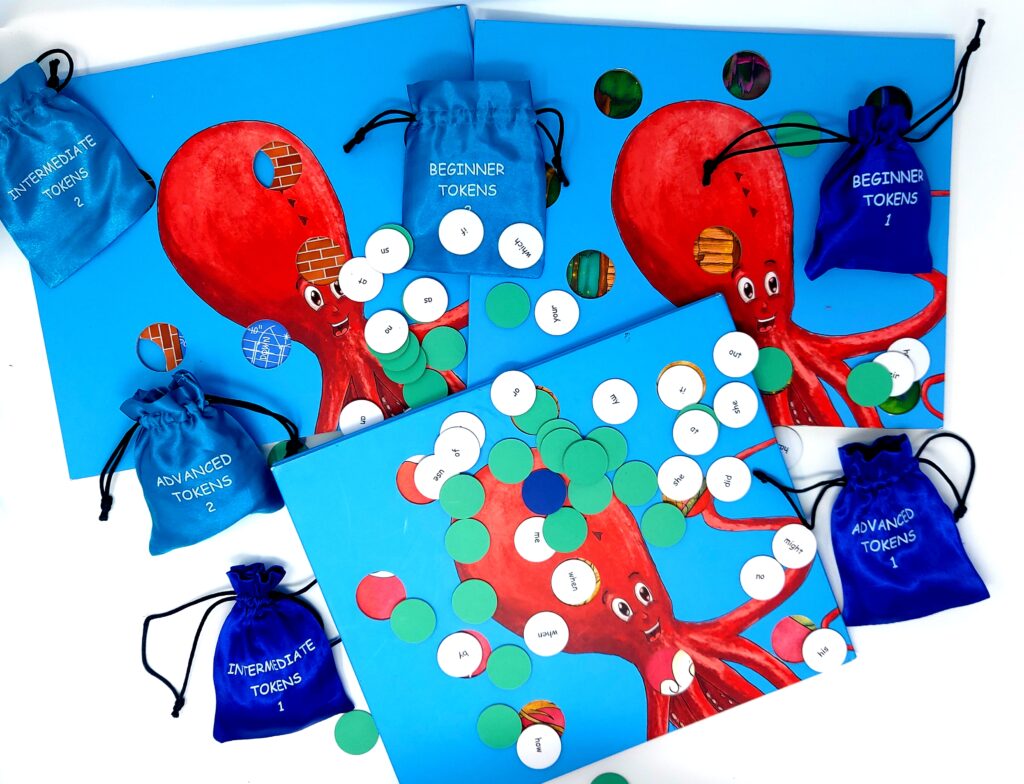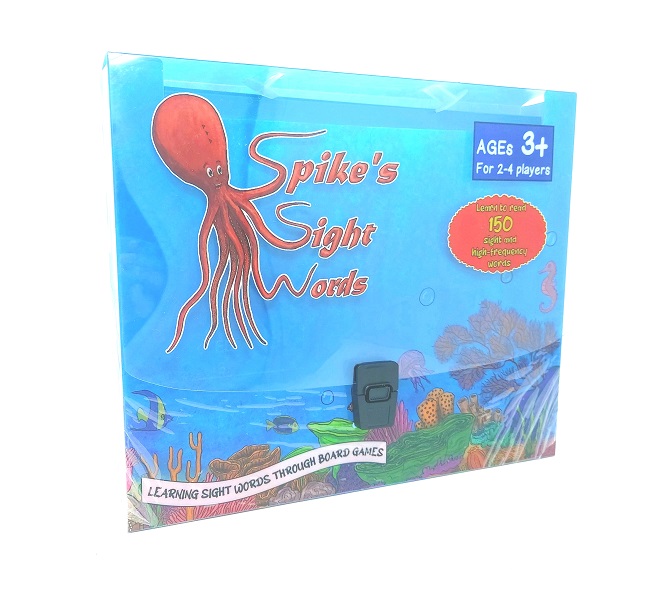
One of the primary benefits of board game play for young children is that the games are readily available in early childhood settings, therefore, providing normal contextual play between children with and without disabilities. Most preschool, daycare and home settings have a few simple board games available for play to encourage social interactions.
- each social communication among peers.
- teach early academic concepts such as color, shape, letter and number recognition and simple counting skills.
- provide fine motor skill practice when manipulating the game pieces.
- offer a meaningful play activity among children.

How to Increase Independent Play for Young Children with Disabilities
The positive benefits of board games for special needs children are clear. Here are several evidence-based suggestions to increase independent play in young children with disabilities:
- use a system of least prompts procedure when teaching board game play to young children
- provide visual activity schedules or pictures during game playing.
- provide peer modeling.
- offer contingent reinforcement.
Once children learn basic board game play, additional skills can be encouraged for more advanced social skills and higher level academic concepts.


